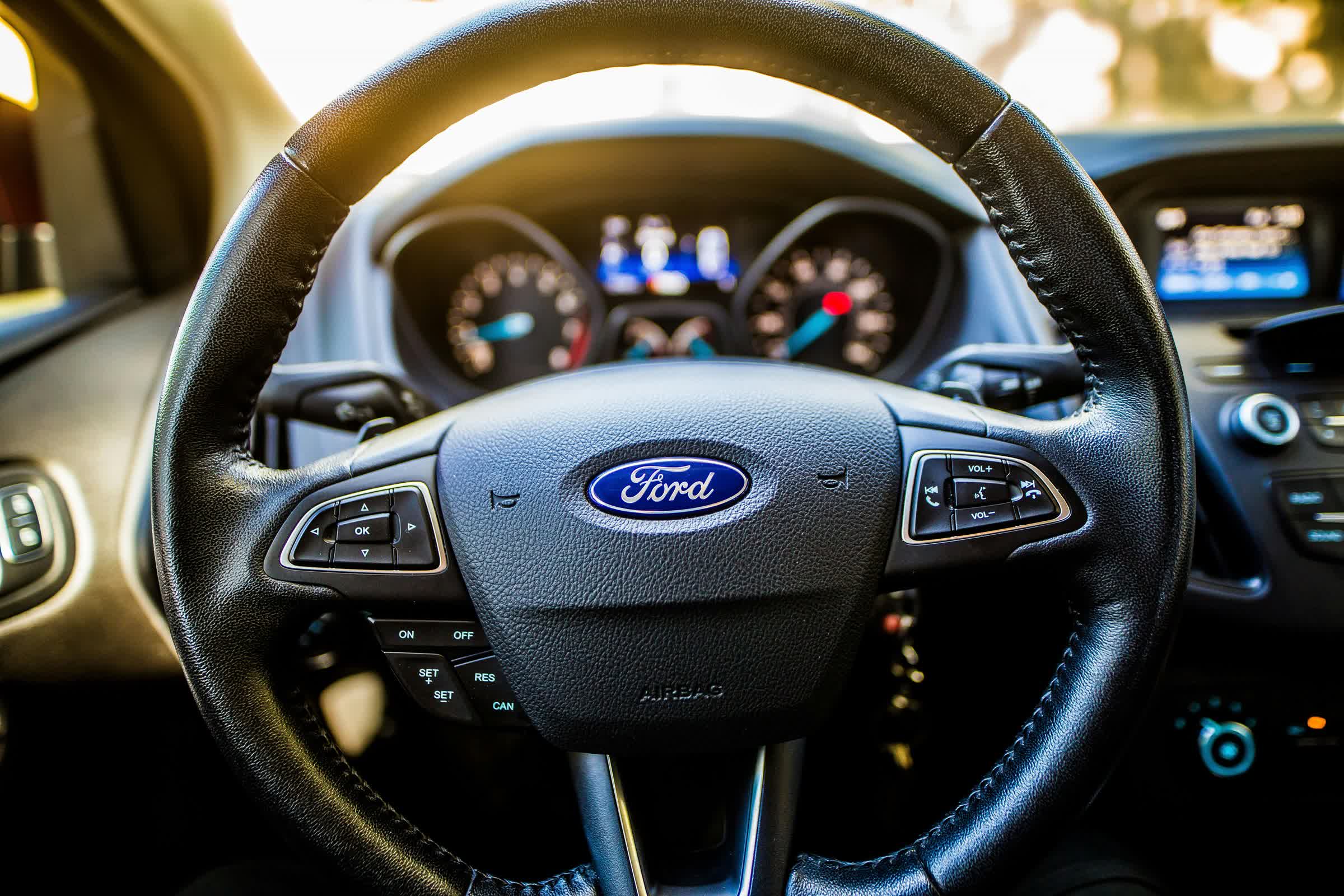A hot potato: There was a time when a vehicle recall represented a major hassle for the driver, who had to bring the car to a dealership and wait while it was being repaired. The good news? This is increasingly unnecessary as many fixes can be done through an over-the-air update when a piece of software is faulty. The bad news? Such recalls are growing.
There are about 100 million lines of code in modern cars, according to PwC – far more than a passenger jet running 14 million lines of code, or a fighter jet with about 25 million. Therefore, it should come as little surprise that software fixes now account for over 20 percent of automotive recalls, according to an analysis of 10 years of National Highway Traffic Safety Administration data by DeMayo Law, as reported by Ars Technica. For better or worse, this represents a significant shift in how recalls are handled.
For example, in 2014, only 34 out of 277 recalls were software-related, with the percentage hovering around 12 percent to 13 percent until 2020. By 2022, software fixes made up nearly 22 percent of recalls, or 76 out of 348 recalls. Last year, over 23 percent of recalls were software-related, or 82 out of 356 recalls.
The top manufacturers to issue software-related recalls are Chrysler, which leads with 82 recalls since 2014, followed by Ford at 66 recalls, and Mercedes-Benz at 60. Tesla ranked 8th with 26 software recalls.

Electrical systems were the most common problem area, while other affected systems ranged from backup cameras and airbags to powertrains and exterior lighting. However, not all of the software fixes have been for software problems. The Jaguar I-Pace recall for battery fires, for instance, was addressed with a software update limiting battery capacity.
This increase in software-related recalls doesn't necessarily inconvenience consumers, at least not as much as a hardware-related recall would, as newer vehicles are often able to be updated remotely. That said, software updates can sometimes introduce new problems and over-the-air updates have caused issues.
The Rivian 2024.27 software update introduced several bugs and issues for owners, such as Apple Music app connectivity problems, with users receiving "Check your internet connection and try again" messages and an inability to maintain Wi-Fi hotspot connections after shifting into gear. Rivian, considered a leader in automotive software, eventually addressed most of the problems.
Consumers have taken notice of how often their vehicles need a fix – not to mention the inconvenience they experience from the faulty software in the first place – and now software competency is becoming a key battleground for automakers. In part this is due to changing consumer expectations, as most drivers now expect smartphone-like functionality in their vehicles.
Unfortunately, many traditional auto manufacturers are struggling to fully integrate software as a core competency as they often outsource its development, especially in R&D, and when they try to bring it in-house they must compete for talent with the tech sector, stated PwC. This is leading to new trends among manufacturers, such as building software centers of excellence and transitioning to microservices-based, cloud-integrated architectures.
The number of software-related recalls is only likely to increase, especially as more software-defined vehicles are introduced into the market. It's a shift that represents a major change in automotive design and engineering – and opens the door to more possibilities of things going wrong.
